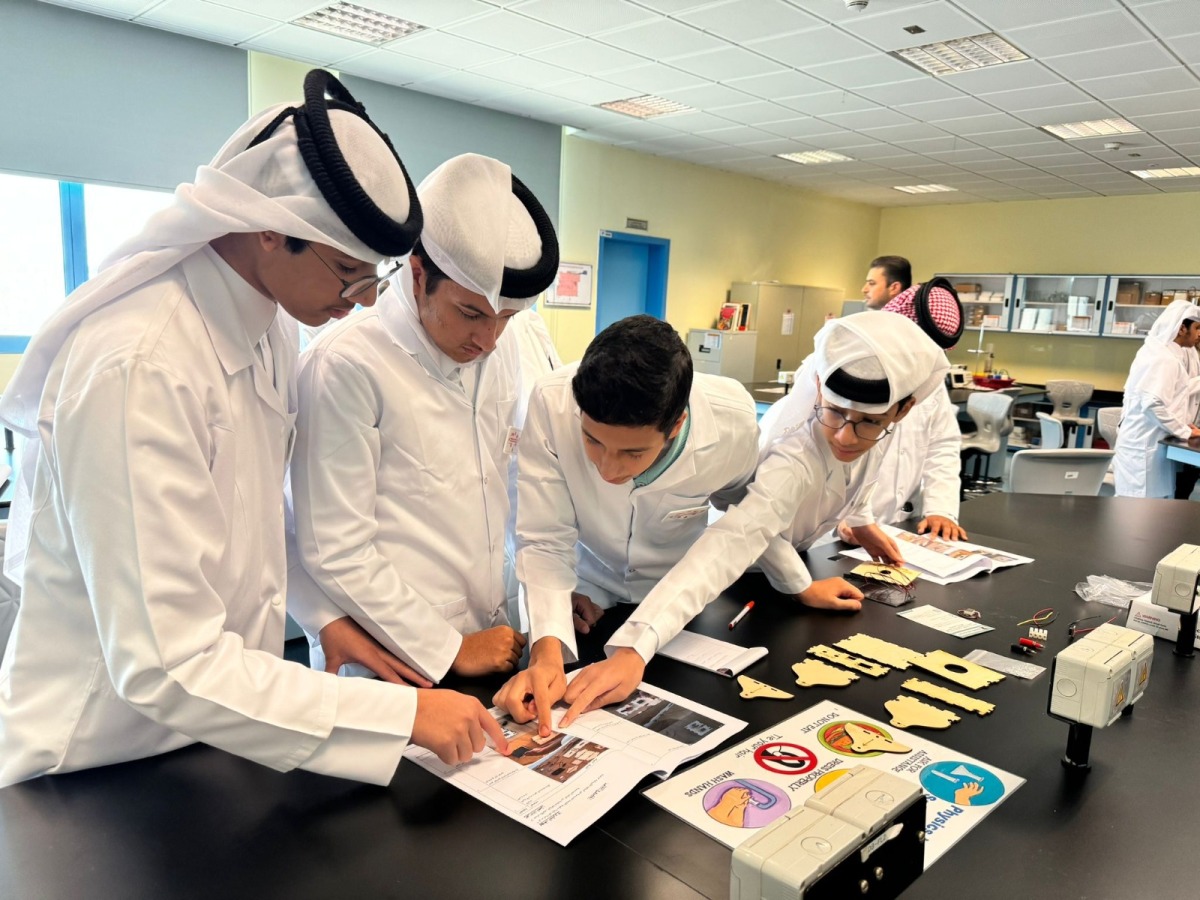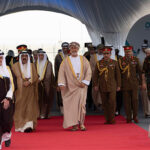The Ministry of Education and Higher Education recently wrapped up the activities of the Scientific Training Camp (STEMFD) in Doha. This camp, organized in collaboration with the management of Qatar Technical Secondary School for Girls, ran for 12 days and aimed to provide a unique educational experience in the fields of science, technology, engineering, and mathematics. The goal was to enhance students’ skills for the twenty-first century, align with Qatar Vision 2030, and help students search for real-life solutions to problems in order to contribute to achieving sustainable development goals.
A total of 44 students from 12 preparatory and secondary schools, including 5 for boys and 7 for girls, participated in the camp. These students were selected based on the geographical area of the camp’s headquarters. The Executive Director of the project, Lamia Al Hayki, highlighted the importance of the camp in providing students with hands-on experiences and fostering their problem-solving skills. The visit of Assistant Undersecretary for Educational Affairs, Maha Zayed Al Ruwaili, and Director of the Curriculum and Learning Resources Department, Sarah Al Shraim, to the camp resulted in great praise for the students’ innovative projects aimed at tackling challenges faced by farmers in Qatar.
Throughout the camp, students engaged in a variety of activities including practical experiments on solar energy utilization, a field trip to a farm for hands-on application, and exploring agricultural challenges and solutions in Qatar. In addition, students were trained on sustainable development goals and the use of artificial intelligence tools to address agricultural issues in the country. Green business planning, company establishment steps, water properties, and arable water specification were also covered during the camp. A lecture on water resources in Qatar was delivered by a scientist from the Qatar Environment and Energy Research Institute at Hamad Bin Khalifa University (HBKU).
Overall, the STEMFD camp served as a platform for students to enhance their knowledge and skills in science, technology, engineering, and mathematics. The practical application of theoretical concepts, field trips, and exposure to real-life challenges allowed students to develop critical thinking and problem-solving abilities. The camp not only aligned with Qatar Vision 2030 but also emphasized the importance of sustainable development and utilizing innovative technologies to address pressing issues. By empowering students to explore solutions to agricultural problems, the camp contributed to the development of future leaders equipped with the necessary skills to drive progress and innovation in Qatar.










